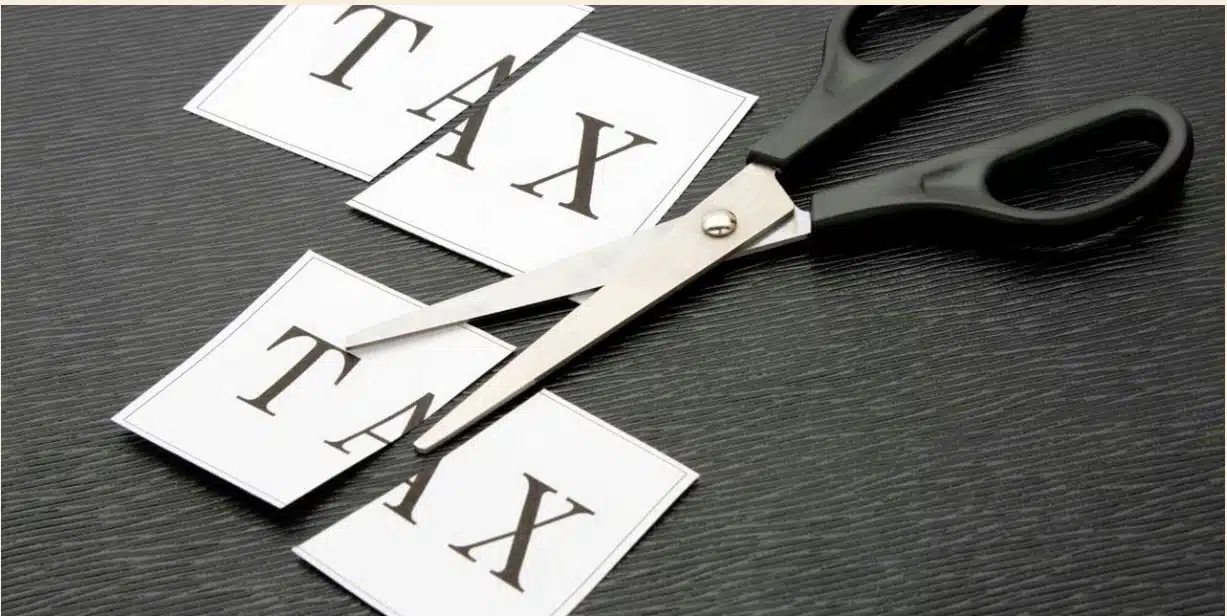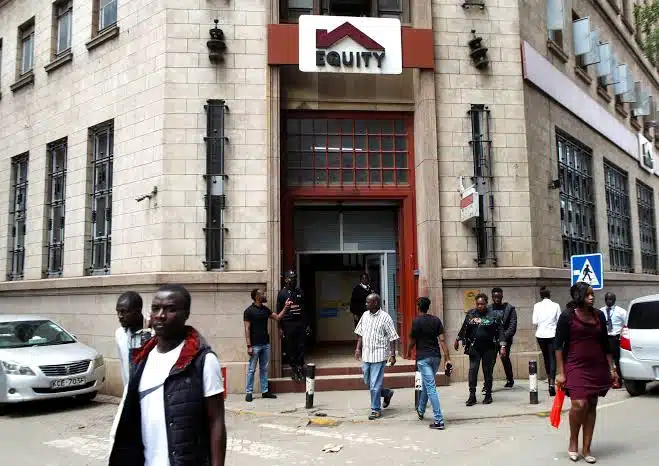Nigeria’s latest Eurobond issuance could keep the country’s external debt-to-total debt ratio slightly above the Debt Management Office (DMO) threshold of 45% by year-end, according to analysts at CSL Research. The ratio stood at 47.1% at the end of the first half of 2025.
The Lagos-based firm noted that to rebalance the debt mix, authorities may increase domestic borrowing during the remainder of the fiscal year, reinforcing expectations that the government will exceed its initial domestic borrowing target.
“However, adherence to such limits has historically been inconsistent,” CSL said in a note on Thursday. “For instance, while authorities set a cap of 30% for external debt between 2020 and 2023, the actual share averaged approximately 39.6% during that period.”
Data from the DMO show that Nigeria’s total public debt rose to ₦152.39 trillion ($99.7 billion) as of June 30, 2025, an increase of 2.0% from March. External debt accounted for 47.1% of the total, rising to ₦71.84 trillion ($46.98 billion) from ₦70.6 trillion ($45.9 billion).
On Wednesday, Africa’s most populous nation raised $2.35 billion from a dual-tranche Eurobond offering of 10-year and 20-year notes, which drew its largest-ever order book exceeding $13 billion.
Patience Oniha, Director-General of the DMO, described the issuance as a significant milestone: “Nigeria’s ability to access the Eurobond market to raise long-term funding needed to support the growth agenda of President Bola Ahmed Tinubu is a major achievement.”
The bonds were priced at 8.63% for the 10-year tranche and 9.13% for the 20-year tranche, below initial guidance. The strong demand came despite recent geopolitical tensions, including criticism from the US President Donald Trump on religious-related violence in Nigeria.
The transaction aligns with a broader trend of improving global borrowing conditions that has encouraged several high-yield African sovereigns, including Angola, Congo Republic, and Kenya, to return to international debt markets.
Proceeds from the sale will be used to refinance Nigeria’s $1.1 billion Eurobond maturing this month and partly fund the 2025 fiscal deficit, which is expected to exceed earlier projections.
CSL had earlier projected that the country could return to the Eurobond market before the end of 2025, supported by expectations that the US Federal Reserve would begin cutting interest rates.
In September, the Federal Reserve lowered its benchmark rate by 25 basis points to 3.75–4.0%, its first reduction this year, amid signs of a cooling labour market and persistent inflation pressures.
The firm expects the new issuance to apply some upward pressure on Eurobond yields in the near term but anticipates a gradual moderation supported by improving macroeconomic conditions.
It also highlighted that the inclusion of a 20-year tranche signals a deliberate move to extend the country’s debt maturity profile, consistent with the DMO’s objective of maintaining a minimum average maturity of 10 years across the portfolio. This strategy helps reduce refinancing and rollover risks over the medium term.
Given the limited time remaining in the fiscal year, CSL expects several capital projects to spill into 2026, similar to the 2024 budget cycle. The analysts project Nigeria’s fiscal deficit could widen to around 4.2% of GDP in 2025, up from 3.6% last year.









